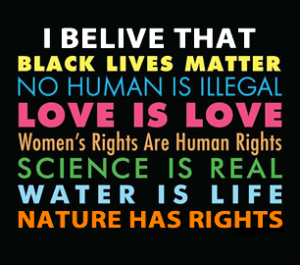The Lost World of Fish
So I stumbled upon this really fascinating set of articles about fish recently, from very different angles. One is from an abandoned shopping mall in Bangkok (pictured here), which has turned effectively into an urban aquarium.It’s really fascinating to think about an entire shopping mall burning down in some downtown city, and then getting flooded and re-occupied by fish! It’s like an Occupy Koi squat or something!
What makes this even better is that it came up across my news feeds as a story about the Anthropocene, and the place is aptly called, as suggested below, the “New World” shopping mall.
More details on that fascinating story below:
There’s something particularly eerie about an abandoned shopping mall. Perhaps it’s the stark contrast from its intended purpose: to see such a sterile place once designed to entice throngs of shoppers into its doors, now so completely devoid of any human life, dilapidated and darkened with time. It’s basically the very definition of post-apocalyptic. But in the case of the (now ironically named) New World shopping mall in Bangkok, Thailand, abandonment by humans doesn’t equate with lifelessness. The mall, which reportedly caught fire in 1999 (rumored to be arson by a competitor), has since flooded with several feet of water and become a paradise for koi and catfish.

The other fascinating story is about some freaky fish discovered while doing some deep water exploration of the east coast of Australia, in the East Hebrides, including Cusk-eels and some cool crustaceans. But what scientists found most interesting is the lack of finding what they expected to find in these “strange environments.” As the article notes:
“The difference in ecosystem, Jamieson and the scientists believe, is due to the “very unproductive” water above the trench. Without sufficient nutrients in the shallower sea off the coast of New Caledonia, fish that rely upon higher food quantities — such as the grenadiers the scientists expected to find — are unable to survive. Cusk-eels, on the other hand, are specialists in very low food areas. Jamieson says that each deep-sea trench is such a strange environment that scientists can’t set solid expectations for what kind of creatures they’ll discover. “We’re starting to find out that what happens at one trench doesn’t necessarily represent what happens in all the trenches.””
Until next time…always expect the unexpected.
###


